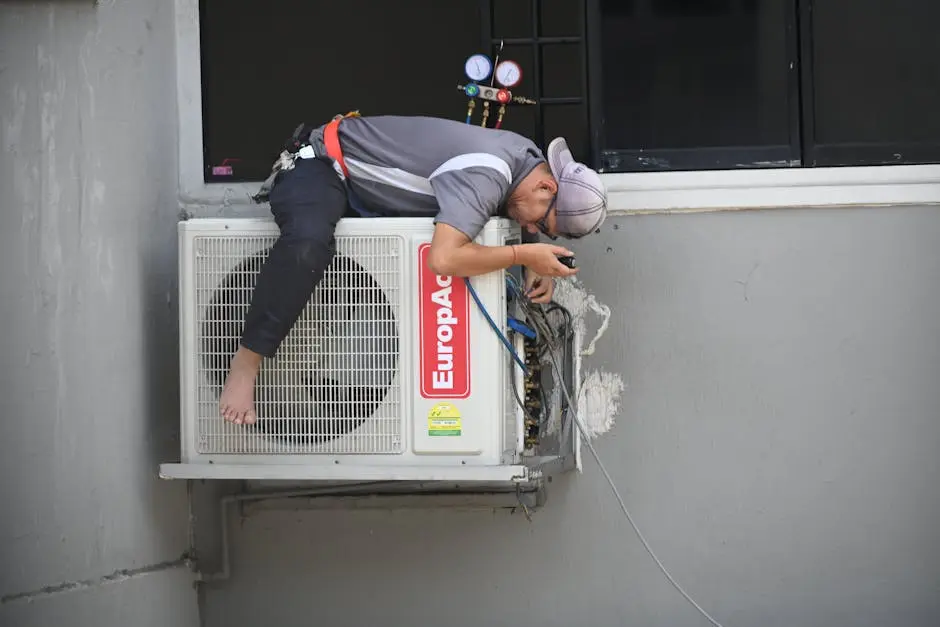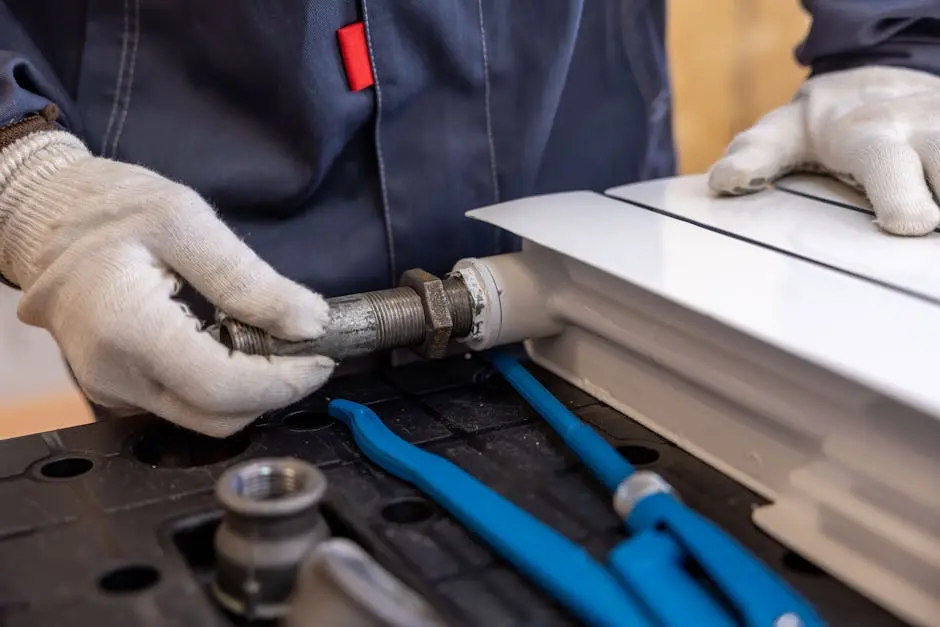Air purifiers have become a household staple, and for good reason! These nifty devices can dramatically improve our indoor air quality, contributing to our overall well-being throughout the year. In this blog, we’ll explore twelve benefits of using an air purifier, demonstrating how it can enhance your living space no matter the season.
1. Eliminating Pet Dander and Allergens
For pet owners, air purifiers can significantly reduce the amount of pet dander in the air, making living spaces more comfortable for everyone. Imagine curling up on your couch without the constant itch of allergens bothering you!
Not only can air purifiers capture dander from furry friends, but they also trap other allergens such as dust mites and pollen, which can aggravate allergies. With the right purifier, your home can become a safe haven for all, pets and humans alike.
2. Reducing Seasonal Allergies
When pollen and other allergens are in the air during certain seasons, air purifiers can help capture these pesky particles, providing relief and making breathing easier. Each spring and fall, many of us dread the sneezy days, but an air purifier can be a game-changer.
Imagine a world where every breath feels fresh, without that uncomfortable tickle in your throat. By running an air purifier, you can keep allergens at bay and focus on enjoying the beautiful seasons rather than battling them.
3. Improving Indoor Air Quality
Air purifiers work tirelessly to filter out pollutants, ensuring that the air inside your home is cleaner and safer to breathe. This is especially important in today’s world where outdoor air can often be polluted and filled with harmful particles.
Furthermore, investing in a quality air purifier isn’t just a luxury; it’s a necessity for leading a healthy lifestyle. Better indoor air quality means fewer health concerns and a greater sense of well-being, making it a win-win situation.
4. Eliminating Smoke Odors
Whether from cooking or a fireplace, smoke odors can linger. Air purifiers help eliminate these odors, keeping your space fresh. If you’ve ever experienced that stubborn smell of burnt toast or lingering fireplace ashes, you know how important this benefit is.
By using an air purifier, you can quickly reclaim your home’s freshness, ensuring that it smells as inviting as it looks. Enjoy cozy nights with family without the unwanted scents of smoke permeating your space.
5. Combatting Mold Spores
Mold can be a serious issue, especially in humid months. Air purifiers help reduce mold spores, making your home healthier. Living in a damp area? You’ll want an air purifier that specifically targets mold and mildew, keeping them from taking over your space.
Additionally, with cleaner air comes reduced risk for respiratory problems, benefiting everyone in the household. Choose an air purifier with HEPA filters that can capture even the tiniest spores to give your home a safe and healthy environment.
6. Reducing Dust Accumulation
Dust particles can settle everywhere, but air purifiers can reduce dust accumulation, leading to cleaner surfaces and less frequent cleaning. Think of the time and effort saved on dusting furniture or vacuuming your floors.
With less dust swirling in the air, you’ll also alleviate allergy symptoms and make your living environment more pleasant. This means weekends can be spent relaxing rather than cleaning!
7. Fighting Unpleasant Odors
From musty smells to food odors, air purifiers can effectively neutralize unpleasant scents in your home. No one likes walking into a home that smells stale or has lingering odors from last night’s dinner.
With an air purifier working in the background, you can ensure that your home smells fresh, welcoming, and delightful. No more awkward moments when guests arrive unannounced!
8. Supporting Overall Respiratory Health
Cleaner air means better respiratory health, especially for individuals with asthma or other respiratory conditions. Those who suffer from occasional shortness of breath will benefit greatly, as the air purifier removes irritants and allows for easier breathing.
Prioritizing your lung health is easier when you have the right tools at your disposal. Air purifiers not only address immediate symptoms, but they can also help prevent chronic respiratory issues long-term.
9. Enhancing Sleep Quality
Many people find that cleaner air helps them sleep better, as allergens and irritants are reduced during the night. Who wouldn’t want to wake up feeling refreshed and energized instead of groggy and congested?
A good night’s sleep is essential for overall health, and an air purifier can be a significant part of that equation. Create your personal haven where restorative sleep is just a breath away.
10. Promoting a Healthier Home Environment
An air purifier contributes to an overall healthier living environment, benefiting everyone in the household. A cleaner, fresher atmosphere will create an inviting space for family gatherings and relaxing moments.
Moreover, healthier homes equate to healthier families. From the youngest to the oldest, clean air can lead to fewer sick days and more time spent enjoying life’s moments.
11. Boosting Mood and Energy Levels
Cleaner air can lead not only to physical health benefits but also to improved mood and increased energy levels. Feeling sluggish? Your indoor air quality might be to blame. A breath of fresh air can work wonders!
By supporting your mental well-being, air purifiers can boost productivity and enhance focus. Say goodbye to the mid-afternoon slump and hello to a bright, energetic day.
12. Adapting to Seasonal Changes
Air purifiers can be adjusted or optimized for different seasonal factors, ensuring consistent performance and health benefits. Whether it’s battling winter allergies or summer pollen, your purifier can adapt to meet the challenges of each season.
Being proactive about air quality can save you discomfort down the line. Customize settings and filters to suit your specific needs, creating a personalized approach to clean air.





